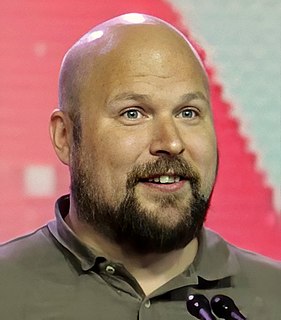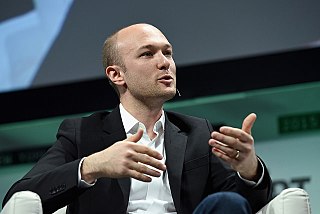A Quote by Al Franken
Armed with nothing more than a Facebook user's phone number and home address, anyone with an Internet connection and a few dollars can obtain personal information they should never have access to, including a user's date of birth, e-mail address, or estimated income.
Related Quotes
I have done a pretty good job of partitioning my life digitally, posting utterances and stories that I'm happy to share with anyone on Twitter, leaving a few sparse comments and 'Likes' on Facebook (I'm not a huge user of the service, I'll be honest), and sending any number of photos to thousands of 'followers' on Instagram and Tumblr.
I'm addicted to the Internet. I admit it. It has transformed the way I work as a senator, communicate with my children, and keep tabs on news and cultural developments.... The Internet is a more direct communications link between legislators and their constituents....I constantly work at fusing my Senate work into my office home page to make it as useful, timely, and user-friendly as possible for Vermonters and others who may visit.....I look at my Web site, as my 24-hour virtual office, where visitors can send me an e-mail or search for the information they need anytime, day or night.


































